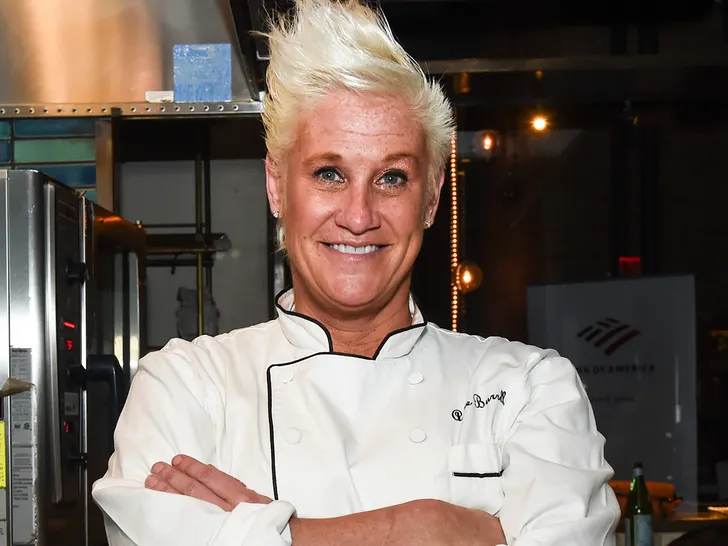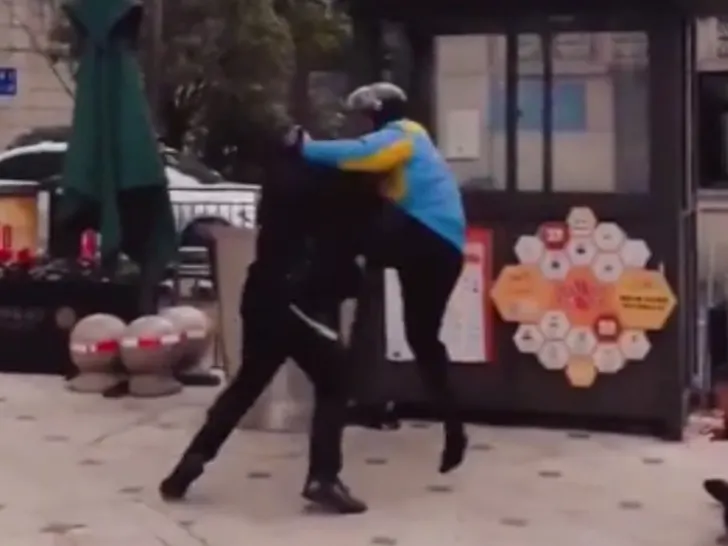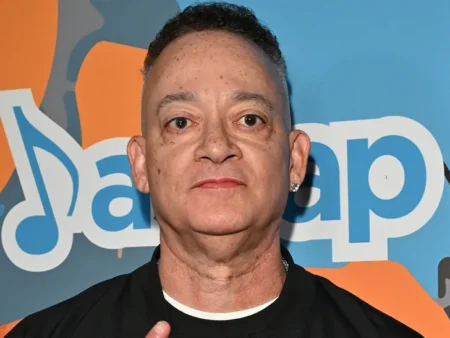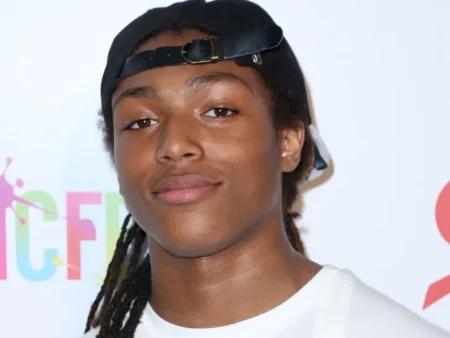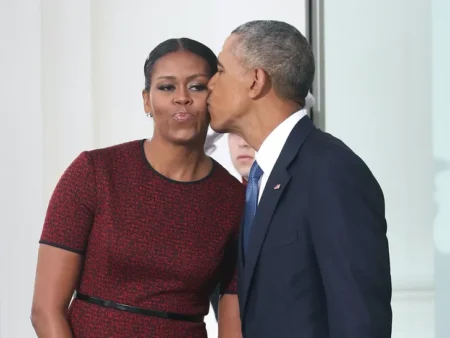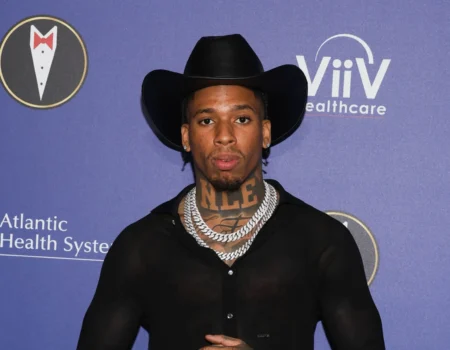Balaam Barugahara, Uganda’s State Minister for Gender, Labour, and Social Development and a renowned events organizer, has taken a firm stand against violence in the music industry. Amid escalating tensions between artists Alien Skin and Pallaso, Balaam announced a boycott on promoting artists affiliated with gangs or involved in violent behavior.
The decision, shared via his X (formerly Twitter) account on Thursday morning, comes as a response to the recent violent exchange between the two musicians and their camps, which has left the entertainment industry in turmoil.
A Call for Discipline in the Music Industry
Balaam’s move to boycott violent artists aims to restore discipline and decency within Uganda’s entertainment sector. In his statement, he emphasized the importance of holding leaders and sponsors of gangs accountable for their actions and influence.
“Gang violence is spiraling out of control, and it’s time for decisive action. Leaders and sponsors of these gangs must be held accountable for their destructive influence,” Balaam wrote.
He pledged that neither he nor his agency would promote any artist associated with violence for the next six months. Furthermore, he called on fellow music promoters and event organizers to adopt a similar stance to foster peace in the industry.
A Clear Policy for Offenders
In his statement, Balaam outlined the consequences for artists involved in violence:
- Exclusion from Events: Offending artists will not be featured in events organized by Balaam or his agency for six months.
- Mandatory Behavior Change: Artists must demonstrate genuine behavioral improvement before being reconsidered for future opportunities.
“ZERO TOLERANCE FOR VIOLENCE IN THE ARTS; Effective immediately, as a promoter and our agency, we shall not associate with or promote any artist affiliated with gangs or involved in violence against others,” Balaam declared.
Promoting Peaceful Coexistence
Balaam urged industry stakeholders, including promoters, sponsors, and fans, to condemn violence and support peaceful coexistence. His message resonated with many in the entertainment community, who share concerns about the impact of escalating gang violence on Uganda’s music scene.
“This is not just about discipline; it’s about preserving the integrity of our art sector. Let’s restore discipline and decency in the art sector,” Balaam urged.
Industry Reactions
Balaam’s bold stance has sparked mixed reactions within Uganda’s entertainment community.
- Supporters: Many fans and stakeholders have praised his decision, calling it a necessary step to address the growing violence and promote accountability among artists.
- Critics: Others argue that such measures could stifle creativity or unfairly target certain individuals without addressing the root causes of violence.
Regardless of the debate, Balaam’s call to action has reignited conversations about the responsibilities of artists, promoters, and industry leaders in fostering a positive and sustainable music ecosystem.
What’s Next for Uganda’s Music Industry?
Balaam Barugahara’s decision marks a pivotal moment in the fight against gang violence within Uganda’s entertainment sector. While the effectiveness of his approach remains to be seen, it sends a strong message about the need for accountability and professionalism in the industry.
As fans, artists, and promoters navigate this turning point, the hope is that Balaam’s actions will inspire others to take a stand and work toward a more peaceful and respectful music community.
Stay tuned for updates as Uganda’s music industry grapples with this critical issue and strives to balance creativity, discipline, and coexistence.






